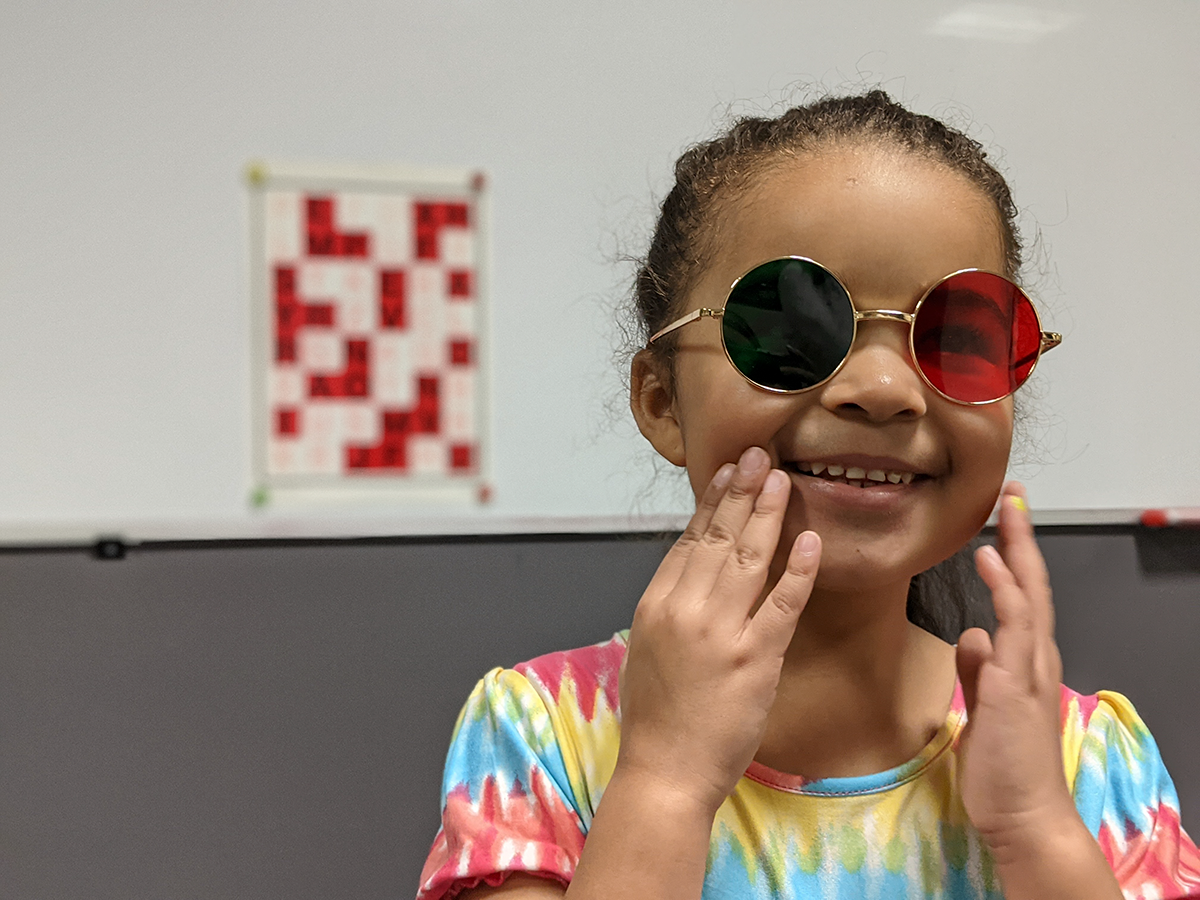IDEAL FORMS
VISUAL MOTOR IV – Spatial Mapping Skills 2
PURPOSE: To develop your child’s ability to rely on his or her internal spatial
coordinate system and integrate this skill with visually guided fine-motor planning
skills.
PROCEDURE: Have your child sit at a table with the Ideal Form packet in front of
him or her. Using a pencil, your child should first trace over the dashed-line form. If
this is done with ease, have your child copy from the first open box while using the
complete form as a reference. He or she should then evaluate his or her work by
comparing it to the completed form. For example, your child might say, “the lines on
my form are longer.” Any significant differences should be corrected before moving
to the next step. The last step is to reproduce the form from memory. Since the
complete form is hidden from view at this step, your child must rely on his or her
internal coordinate map to guide fine-motor planning. Again, your child should
evaluate his or her work with the complete forms and make any corrections. After all
3 steps have been successfully completed for the first form, your child may move on
to the next form.
GOAL FOR THE WEEK:
Start by downloading and printing the sheets above. You can preview them before watching the video if you like by clicking on the ‘eye’ icon. You should already be familiar with loading exercises and approaching therapy.
In this activity, the child is asked to reproduce a form in three ways:
- By tracing an outline with a spatial coordinate system provided.
- By referencing the ‘ideal form’ and reproducing it in a blank space, where the child must provide their own sense of spatial coordinates.
- Copying by memory to a blank space, and having to provide their own sense of spatial coordinates.
This is helpful in developing spatial awareness, visual memory, sequential memory, and visual motor skills.
Please watch the following video to learn more.
Ideal Forms: Includes overview, loading, and tips for left-handed people.





